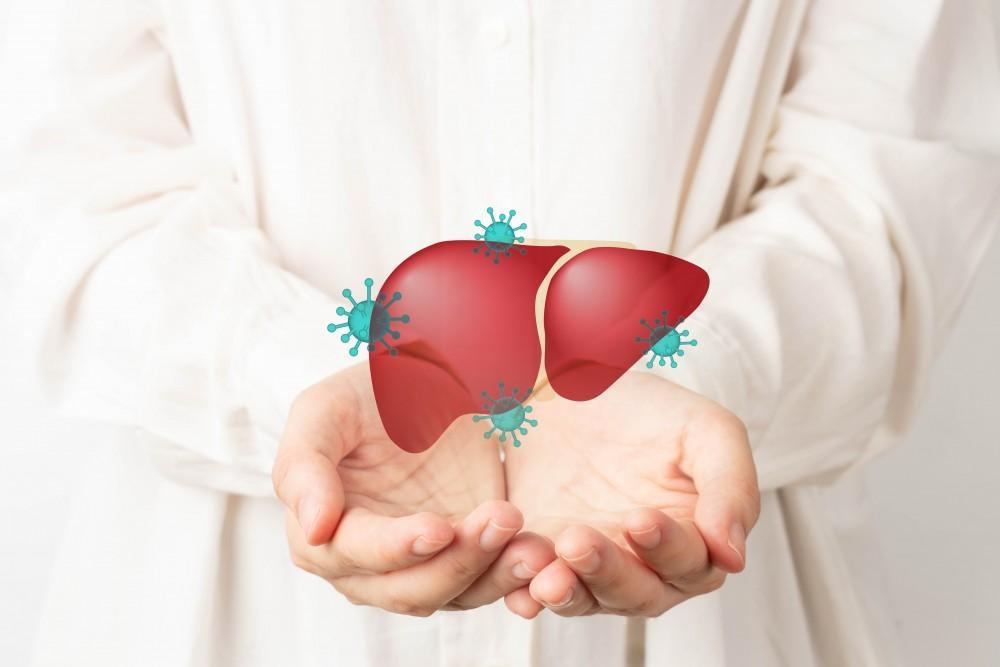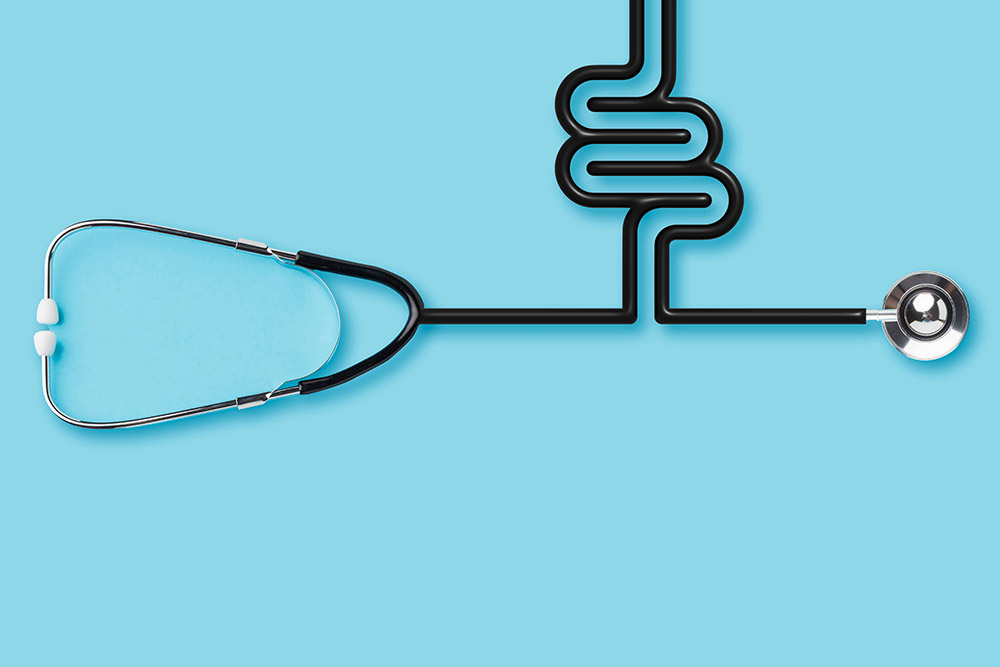What Is Liver Disease?
Your liver is a vital organ that removes toxins, helps digest food, and stores energy. Liver disease means your liver is inflamed or damaged. In early stages, you might not feel any symptoms, but if left untreated it can progress to scarring (cirrhosis) or liver failure.
Common Causes and Risk Factors
- Fatty liver from being overweight or having high blood sugar
- NASH -a type of fatty liver with inflammation
- Hepatitis B or C virus
- Heavy or prolonged alcohol use
- Autoimmune or inherited liver conditions
- Certain medications or chemical exposure
- Family history of liver problems
Signs and Symptoms
- Often none in early stages
- Feeling tired or weak
- Pain or swelling in the upper right belly
- Yellow skin or eyes (jaundice)
- Dark-colored urine or pale stools
- Easy bruising or bleeding
- Swelling in the legs or ankles (advanced disease)
Expert Treatment for Liver Disease by Dr. Bharat Pothuri
Dr. Pothuri uses a step-by-step approach:
Medical History and Exam
He asks about the onset, location and timing of your pain (after meals, at night), alcohol and NSAID use, stressors, and any associated symptoms like nausea or heartburn. A focused abdominal exam checks for tenderness, guarding, or masses.
Blood Tests
We order liver function tests, pancreatic enzymes (amylase and lipase), complete blood count, and inflammatory markers. H. pylori breath or antibody testing may be added to evaluate for infection.
Imaging Studies
- Abdominal ultrasound to look for gallstones, biliary sludge, fatty liver changes, or pancreatic inflammation.
- CT scan or MRI when more detail is needed to assess pancreatitis, masses, or other structural causes.
Advanced Testing (if needed)
An upper endoscopy (EGD) allows direct visualization of the esophagus, stomach, and duodenum to identify ulcers, erosive gastritis, or reflux esophagitis. Biopsies can be taken for H. pylori or microscopic changes.
Frequently Asked Questions
What are common liver diseases?
Hepatitis (viral/autoimmune), NAFLD/NASH, cirrhosis, and biliary disorders.
How do I know if my liver is unhealthy?
Symptoms include fatigue, jaundice, itching, abdominal swelling, and abnormal labs.
What tests assess liver health?
Liver function tests, imaging (ultrasound, CT), elastography, and biopsy.
Can liver disease be prevented?
Avoid toxins, maintain healthy weight, vaccinate against hepatitis, and limit alcohol intake.












